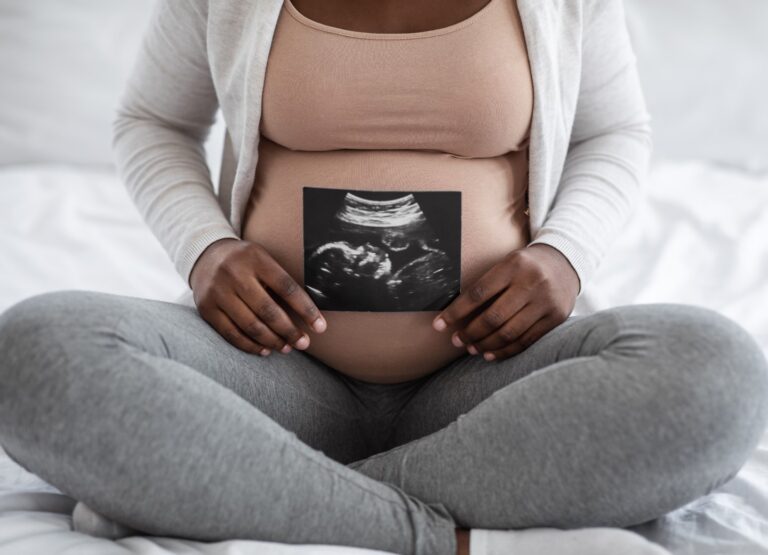
Leeds Teaching Hospitals NHS Trust – yet another maternity unit in trouble…
The recent news that 67 families are calling for an independent review into the maternity service at Leeds Teaching Hospitals NHS Trust is both concerning and disheartening, especially coming as it does in the wake of a number of maternity scandals, including at NHS Trusts in East Kent, Morecambe Bay, Shrewsbury and Telford and Nottingham.
In January 2025, a BBC investigation shockingly highlighted the potentially avoidable deaths of 56 babies and 2 mothers at the Trust. A recent news report featured a heartbreaking account from one mother of a catalogue of catastrophic errors which tragically culminated in her baby being still born. A common theme women raised was a lack of compassion and feeling like they were not being listened to when they raised concerns. A Freedom of Information Act request made by the BBC to NHS Resolution, the insurance arm of the NHS, has revealed that 107 claims were made against the Trust for deaths and injuries between April 2015 and April 2024. Whistleblowers working at the Trust have bravely spoken out, with one senior clinical member of staff reporting a “near miss” due to inadequate staffing levels.
Depressingly, these themes are not new. The picture nationally is now one of maternity care in crisis.
After the Francis report into the widespread failings at the Mid Staffordshire NHS Trust back in 2013, many NHS Trusts promised to prioritise patient safety, embrace the values of transparency and accountability and learn from their mistakes, to ensure they were never again repeated. But since that time, there has been a wave of maternity scandals, with Leeds Teaching Hospital NHS Trust being the latest.
Certainly, in the context of previous failings, a lack of funding has been blamed for action to improve standards “falling off the agenda” in the realm of maternity care and for this ongoing crisis. There is currently a national shortage of both midwives and obstetricians and gynaecologists in the NHS, with shortages across the entire maternity sector, including sonographers and neonatal staff. More midwives and obstetricians and gynaecologists are desperately needed to ensure safe and compassionate maternity care can be delivered. In the context of maternity care, understaffing contributes to difficult and highly stressful working conditions, causing staff to leave due to burn out. Every shift must feel like firefighting. These conditions are simply not conducive to attracting new talent, and so as people leave the sector, the conditions for those who remain get worse. It’s something of a vicious circle.
The startling lack of compassion reported in previous reviews and now, in the BBC investigation cannot be excused and is very hard to forgive, but it can perhaps be explained by the significant staff shortages afflicting so many maternity units. When constantly stretched, stressed and exhausted, maternity staff may well not have the physical or emotional resources to offer kind, compassionate and competent care and may become desensitised to devastating events, with staff struggling to perform to the required standards in terms of both compassion and safety. This is a terrible and inexcusable state of affairs and the very least a birthing mother should expect is kindness and compassion.
But addressing the staff crisis alone will not be enough. Urgent reform is needed to eradicate the culture of fear that has been reported in so many struggling maternity units, and which acts as a barrier to improving patient safety and quality of care. As anticipated by the Francis report, the NHS needs to meaningfully promote a culture where healthcare professionals at all levels can openly and honestly speak out about concerns in patient care – it is only by doing this that lessons can be learned and standards improved. However, “whistleblowers” have historically been poorly treated in the NHS, when it is these very people, working directly with patients on the ground and seeing any difficulties first hand, who are best placed to flag any problems at the earliest opportunity so that swift action to improve standards can be taken.
Families cannot continue to be let down. Urgent action must now be taken on a national scale to resolve the challenges which are crippling maternity units up and down the country and to prevent further avoidable harm and death to mothers and babies.









